Canada has a proud legacy of producing unique, homegrown goods that reflect its values, landscapes, and tastes. But as globalization intensifies and American corporate interests extend their reach northward, many beloved Canadian products find themselves at risk. Whether it’s through acquisitions, supply chain disruptions, or cultural erosion, U.S. influence has slowly chipped away at staples Canadians once took for granted. Here are 19 beloved Canadian products threatened by U.S. greed.
Kraft Peanut Butter
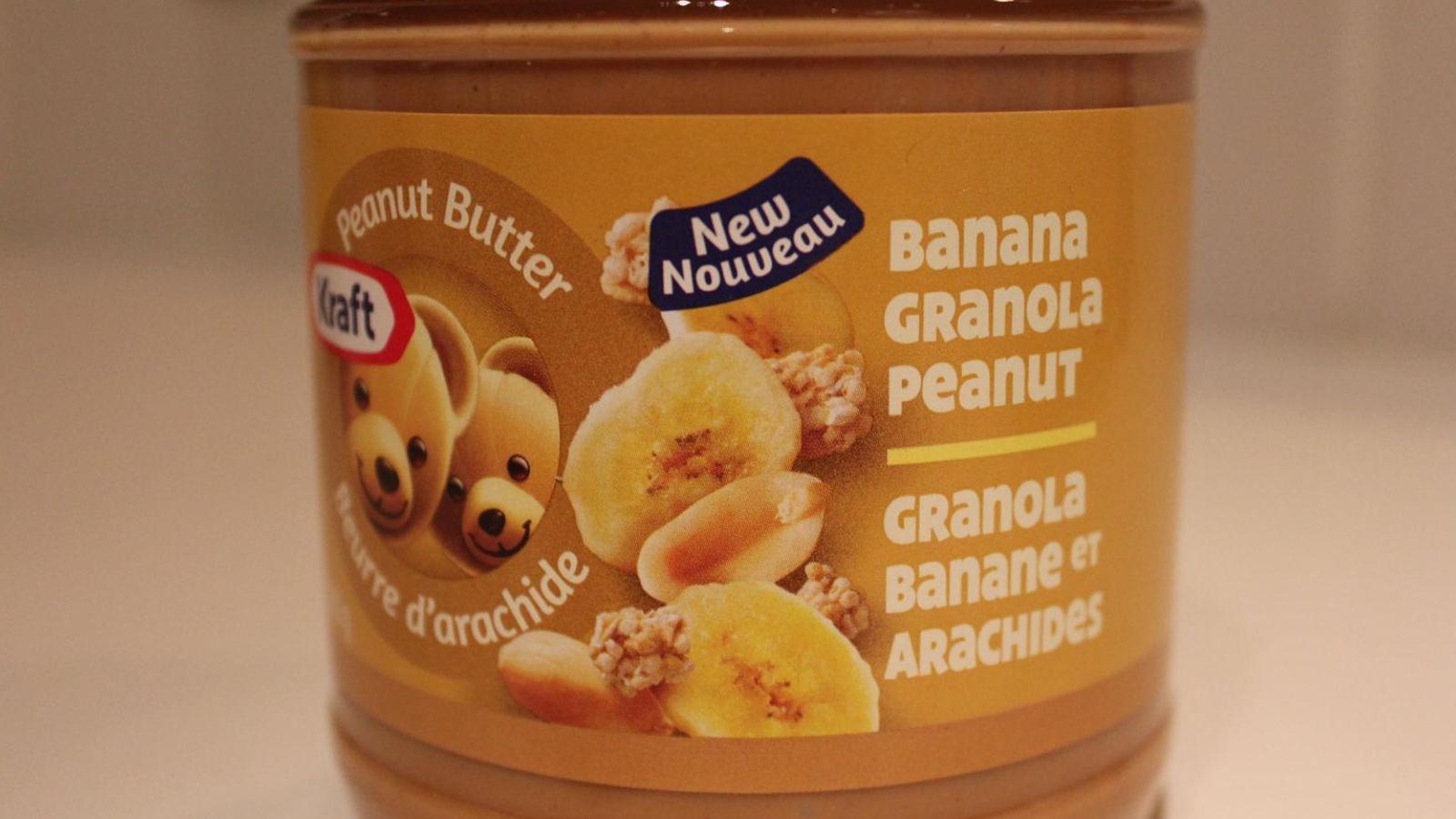
Though Kraft Peanut Butter remains a staple in many Canadian households, its future is clouded by American corporate priorities. After Kraft’s merger with Heinz, led by U.S.-based investors, product lines have been streamlined and Canadian-specific branding has been threatened. There’s growing concern that the company may eventually align its Canadian offerings with U.S. standards, risking the removal or alteration of the uniquely Canadian bear-branded jars. This creeping homogenization threatens one of the country’s most nostalgic pantry items.
Tim Hortons
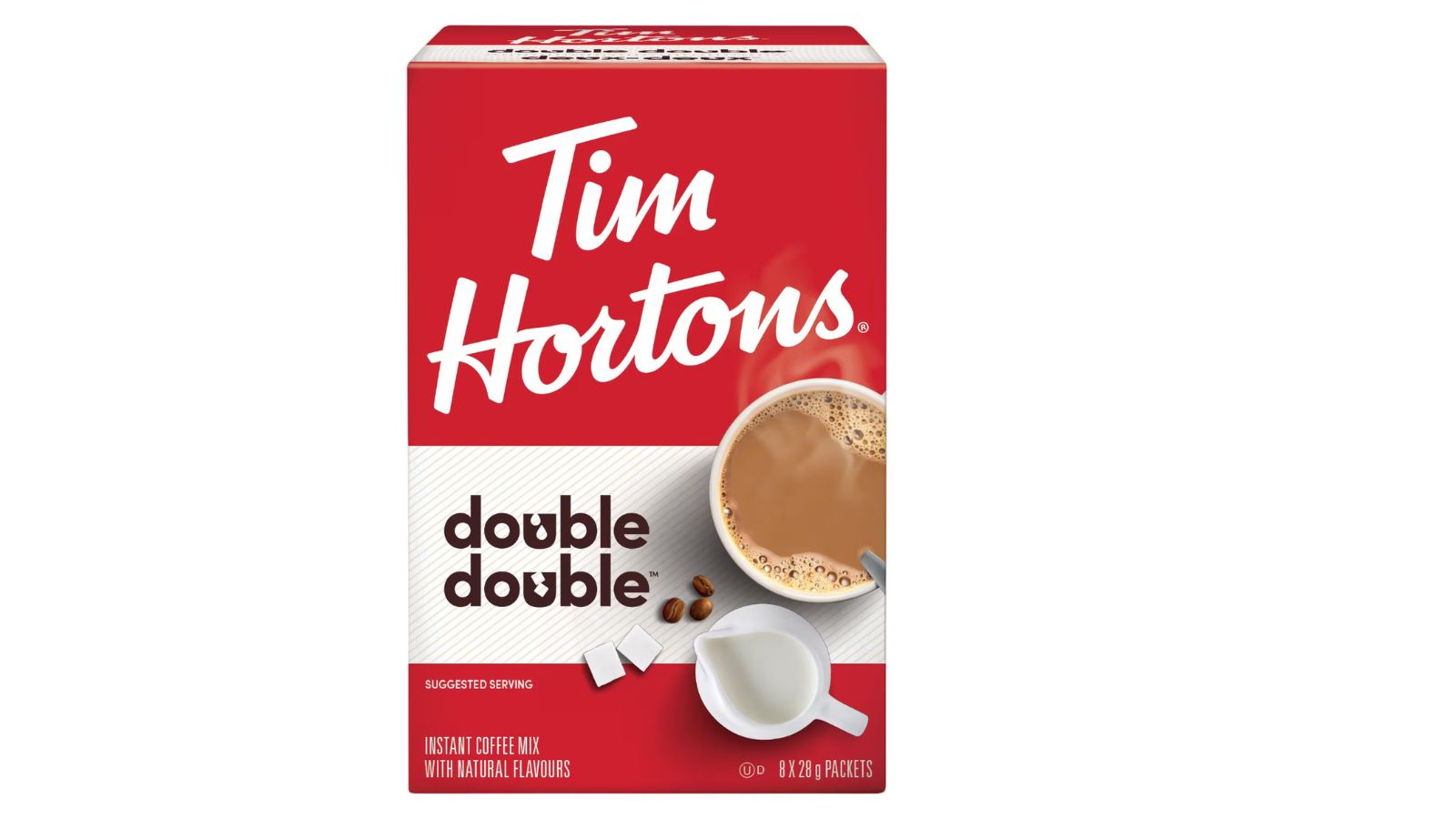
Once an iconic symbol of Canadian identity, Tim Hortons has dramatically changed since being acquired by the U.S.-based Restaurant Brands International. The menu has shifted toward processed, cost-cutting options, and many Canadians argue that the quality and authenticity have suffered. Franchises report tighter profit margins and less autonomy under American management and, while the coffee still flows, the soul of Tim Hortons is being filtered out.
Hudson’s Bay Company

HBC is one of the oldest companies in North America and a pillar of Canadian retail history. But with significant U.S. private equity involvement in recent years, store closures, restructuring, and reduced Canadian-focused inventory have followed. There are fears that American shareholders could push for a complete pivot toward online retail or break up the company for parts.
Molson Canadian Beer

Molson, a proudly Canadian beer company founded in Montreal in 1786, merged with Coors to form Molson Coors, now headquartered in the U.S. This has led to increased standardization in brewing and marketing strategies that prioritize global branding over local heritage. Canadian consumers have noticed subtle changes in flavor and packaging that dilute the beer’s national identity. What was once distinctly Canadian now risks becoming just another North American beverage.
Laura Secord Chocolates

Named after a Canadian heroine, Laura Secord has long been synonymous with quality chocolates and patriotic sentiment. However, it has faced stiff competition from multinational confectionery giants with deeper pockets and mass-production advantages. American pressure on shelf space and aggressive pricing threatens to squeeze out smaller, culturally significant brands. Unless fiercely protected, the Laura Secord legacy could melt away in the shadow of globalized candy corporations.
Roots Canada
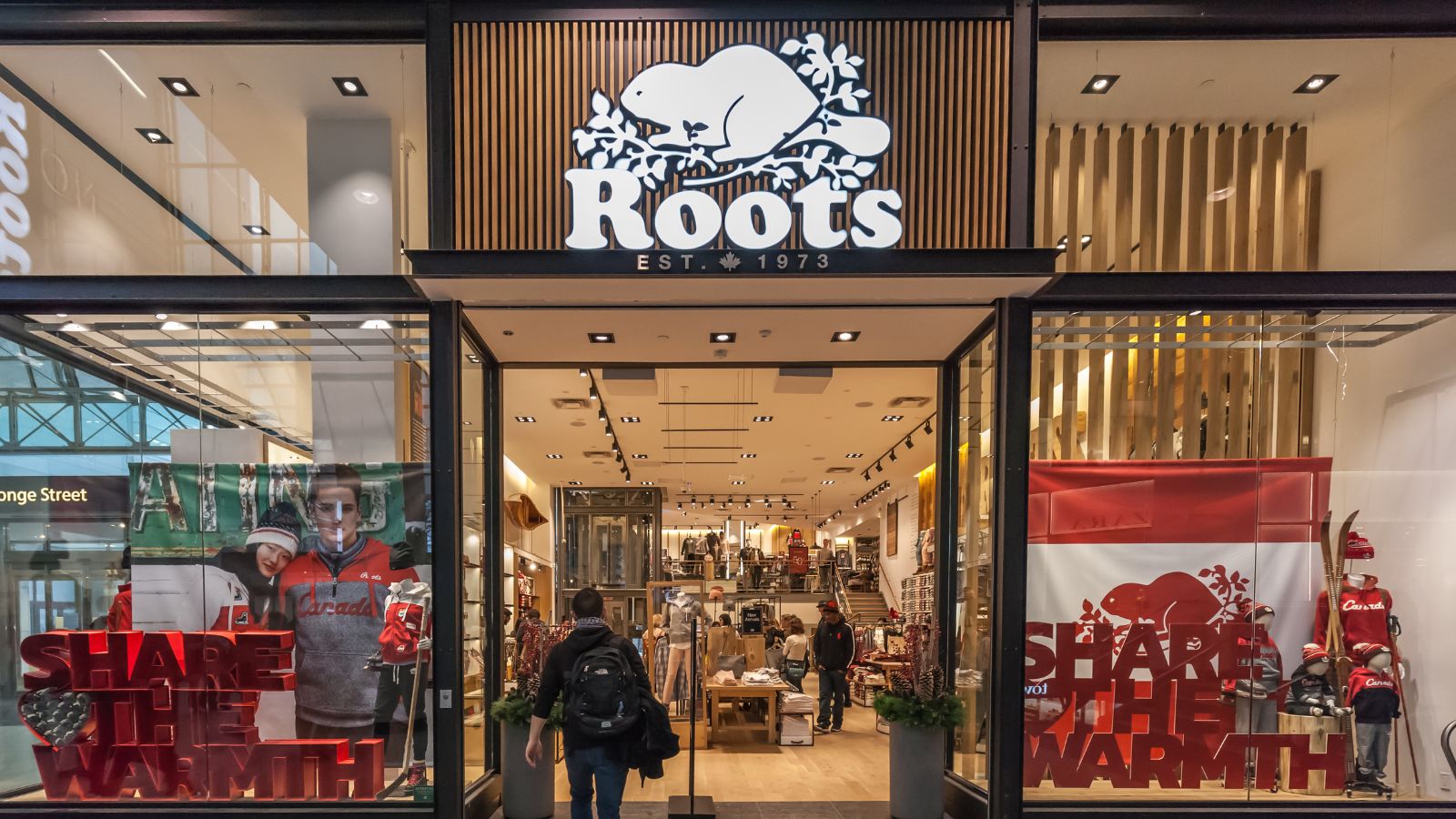
Roots has built its brand on Canadian wilderness aesthetics and ethical manufacturing. But American expansion has led to compromises, including offshore production and changes in design philosophy. As U.S. investors push for profitability over principle, the brand risks losing the values that made it popular in the first place. Canadian consumers are watching carefully as this iconic brand walks a corporate tightrope.
Maple Syrup Industry

Canada produces over 70% of the world’s maple syrup, much of it in Quebec. Yet large American conglomerates have started investing in syrup production, buying up sugar bush operations and bottling plants. This creeping ownership threatens the integrity of “pure Canadian” maple syrup as multinational firms seek to cut corners and control distribution. The risk is not just economic but cultural, the loss of a product that flows through Canada’s identity.
Chapman’s Ice Cream

One of the last family-owned, large-scale ice cream producers in Canada, Chapman’s has resisted U.S. buyout offers to maintain its independence. However, increasing competition from American conglomerates with massive marketing budgets and cheaper manufacturing puts pressure on retailers to drop Canadian brands. Chapman’s remains committed to local production and jobs, but the fight against U.S. market dominance is uphill. Without strong consumer support, it could be edged out by global players.
McIntosh Apples

The McIntosh apple, discovered in Ontario, is a beloved fruit across the country. But the dominance of American apple varieties like Gala and Honeycrisp, supported by aggressive marketing and export strategies, is threatening its popularity. As supermarkets prioritize high-margin imports, Canadian growers find it harder to compete. The McIntosh is not just an apple, it’s a slice of heritage that risks extinction under economic pressure.
BeaverTails Pastries

BeaverTails began as a small Canadian family venture and has since grown into a recognizable brand. However, as it expands internationally, especially into the U.S., there’s a risk of dilution in quality and branding consistency. American franchise models often prioritize scale over authenticity, and the original experience could be compromised. What started as a uniquely Canadian treat could end up just another generic mall dessert.
Canada Goose Jackets

Canada Goose was once the epitome of Canadian luxury outerwear, built for harsh winters and rugged landscapes. Since going public and expanding rapidly into U.S. markets, the company has been under increasing pressure to cut production costs and appeal to fashion trends over function. American investors now influence major decisions, shifting the company away from its practical Canadian roots. The jacket may still bear the maple leaf patch, but its heart may lie elsewhere.
Shreddies Cereal
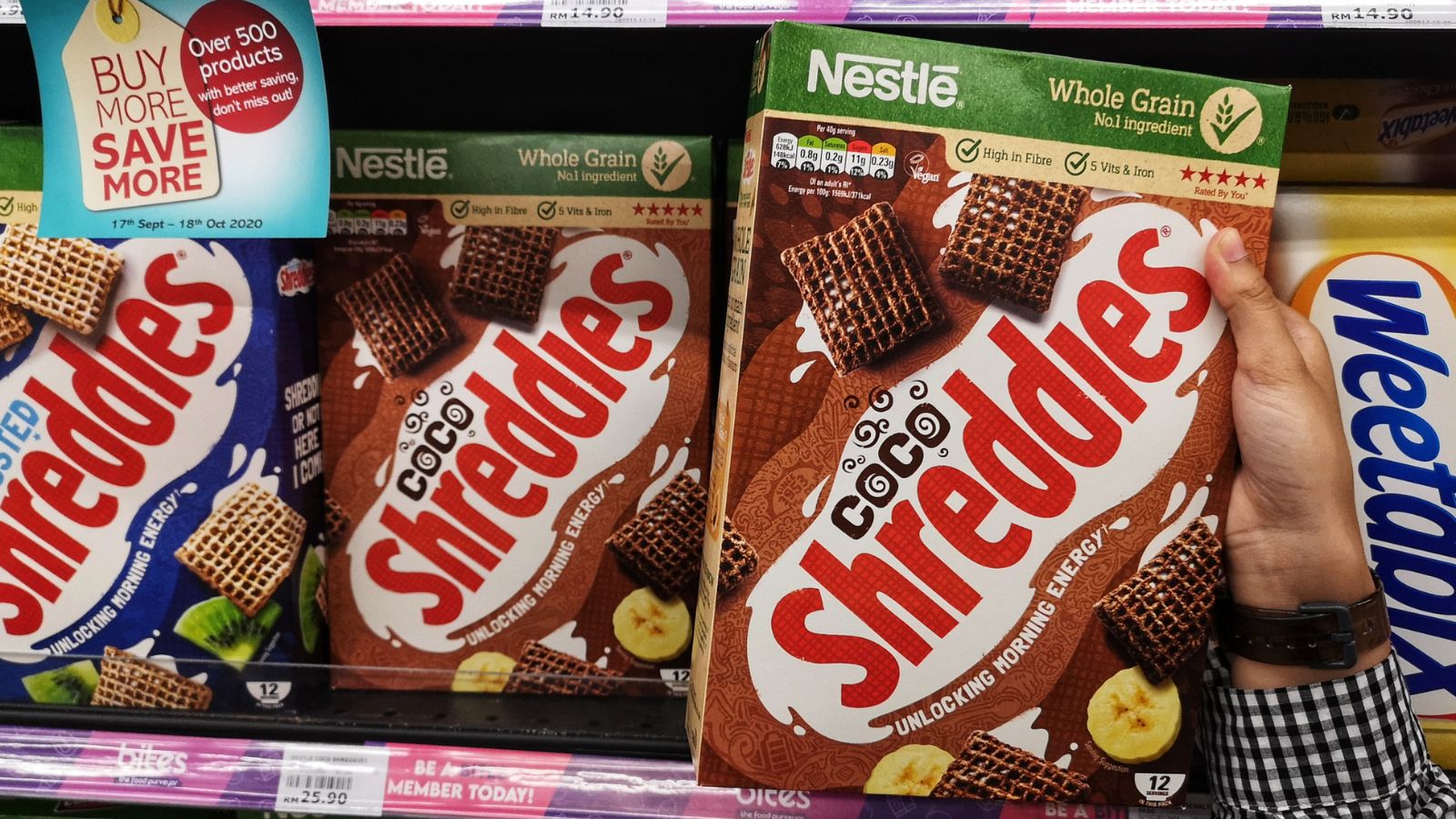
Made in Canada for generations, Shreddies is a comfort food that many Canadians grew up with. After Post Consumer Brands, a U.S.-based company, took over production, concerns have emerged about potential reformulation or product discontinuation. American markets have little interest in region-specific cereals, which may lead to its quiet removal from shelves.
Canadian Club Whisky
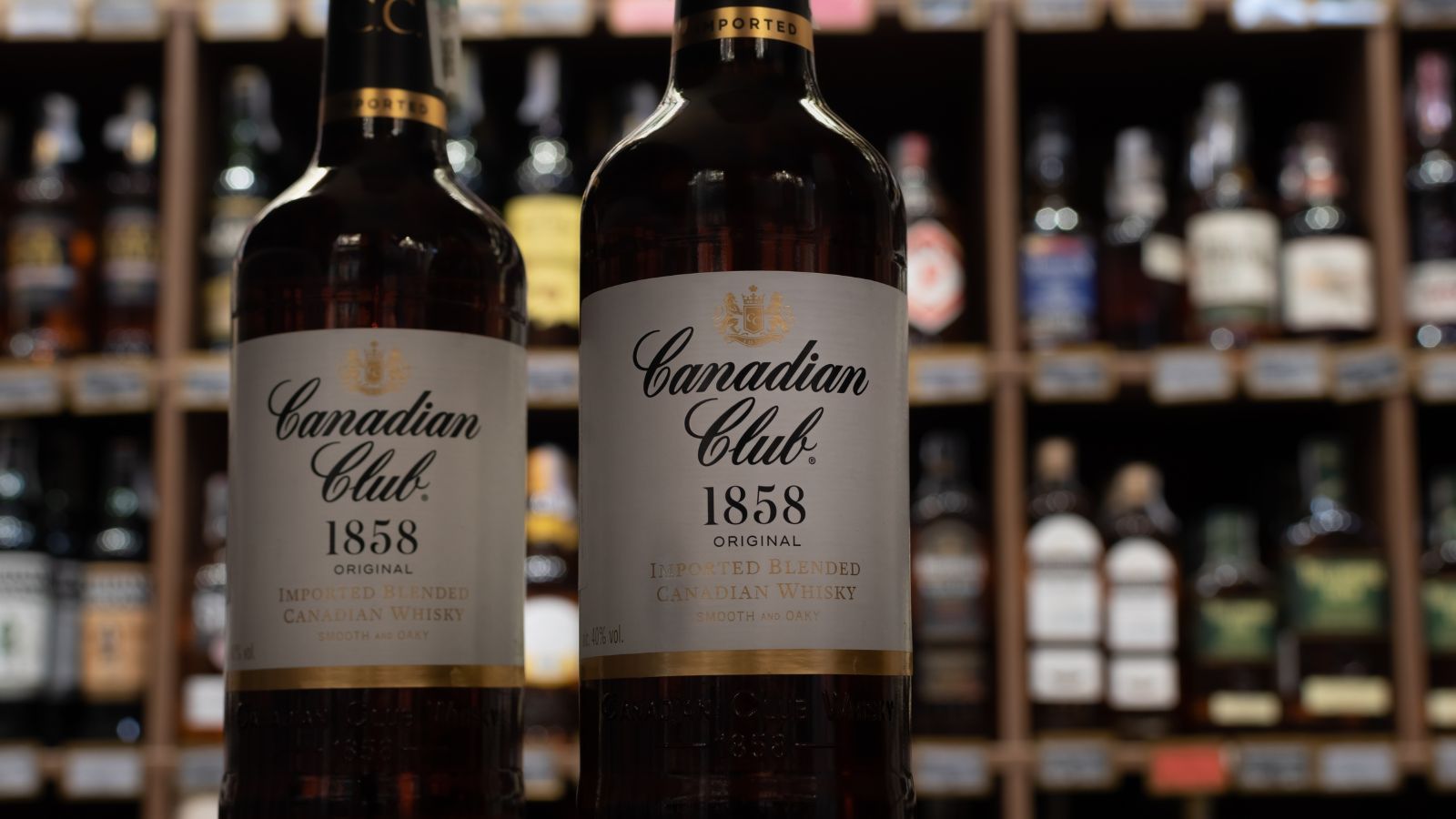
Canadian Club has been around since the 1850s and is a quintessential Canadian spirit. Now owned by Beam Suntory, headquartered in the U.S., decisions about distribution, pricing, and marketing are increasingly Americanized. Domestic supply issues and branding changes suggest that Canadian consumers are no longer the priority market.
President’s Choice Products

Originally developed as a house brand for Loblaws, President’s Choice has become a trusted label for everything from frozen meals to gourmet sauces. American grocery giants have taken note and have begun copying the private-label strategy, eroding PC’s competitive advantage. If cross-border mergers continue, there’s a real risk of PC being absorbed or forced to conform to less innovative models, that would mark the loss of one of Canada’s most successful retail experiments.
Sleeman Breweries

Sleeman, a family-run brewery with roots in Guelph, Ontario, is now owned by Sapporo Holdings, but U.S. distributors exert significant pressure on product selection and availability. As American markets favor light beers and high-volume brews, Sleeman’s craft-inspired lineup could be thinned out for mass appeal. Canadian beer lovers are already noticing changes in shelf presence and marketing and the distinctiveness of Sleeman could fade in pursuit of global uniformity.
Smarties (Nestlé Canada version)
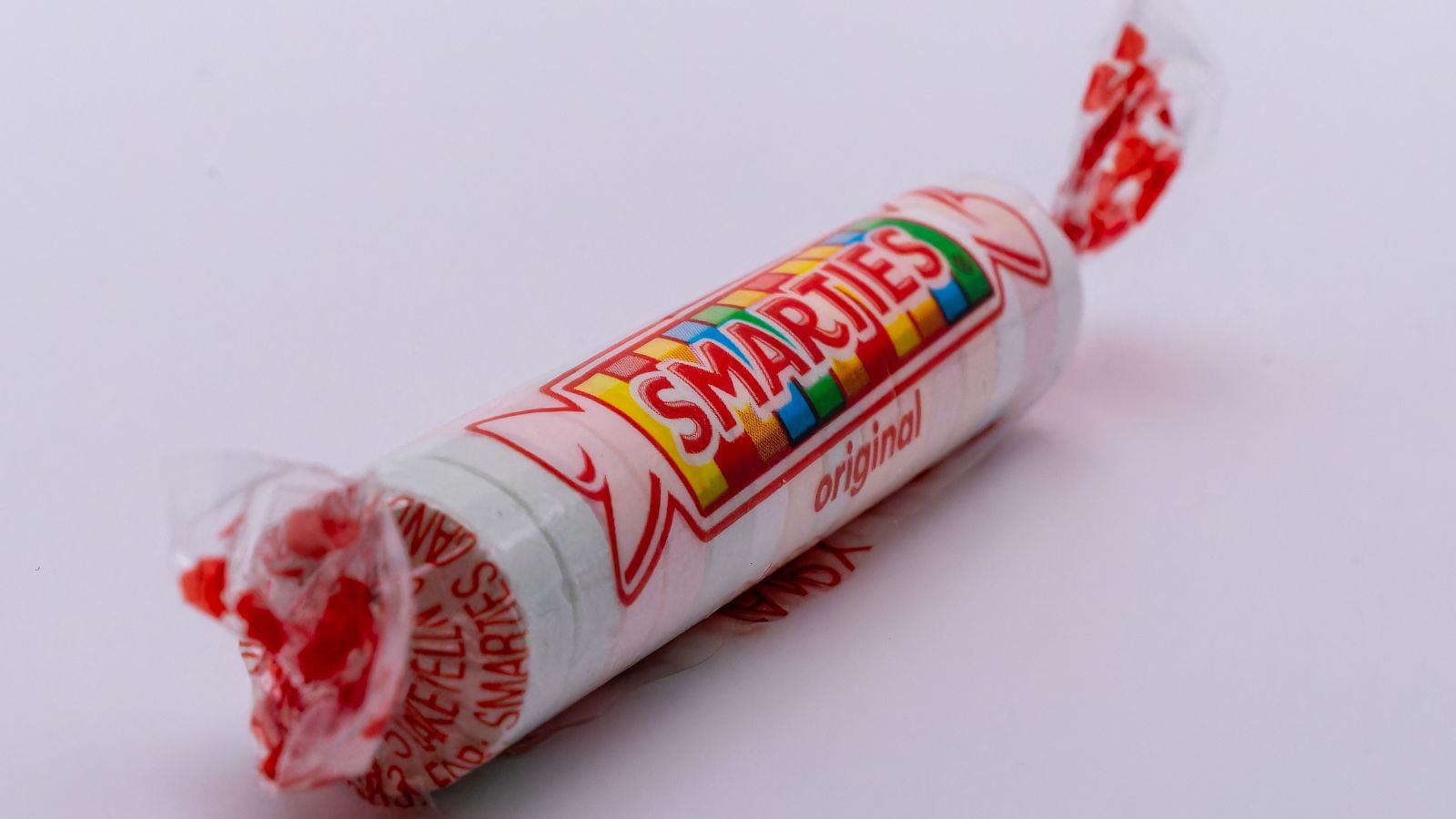
Canadian Smarties are not the same as the chalky American version — they’re a chocolate candy that’s part of childhood in Canada. Nestlé Canada has held onto the formula, but with corporate consolidation and global marketing teams increasingly based in the U.S., product changes could be on the horizon. There’s a real threat of standardization or discontinuation if U.S. tastes override Canadian loyalty and, once lost, the Canadian Smartie would be difficult to replace.
Joe Fresh Clothing
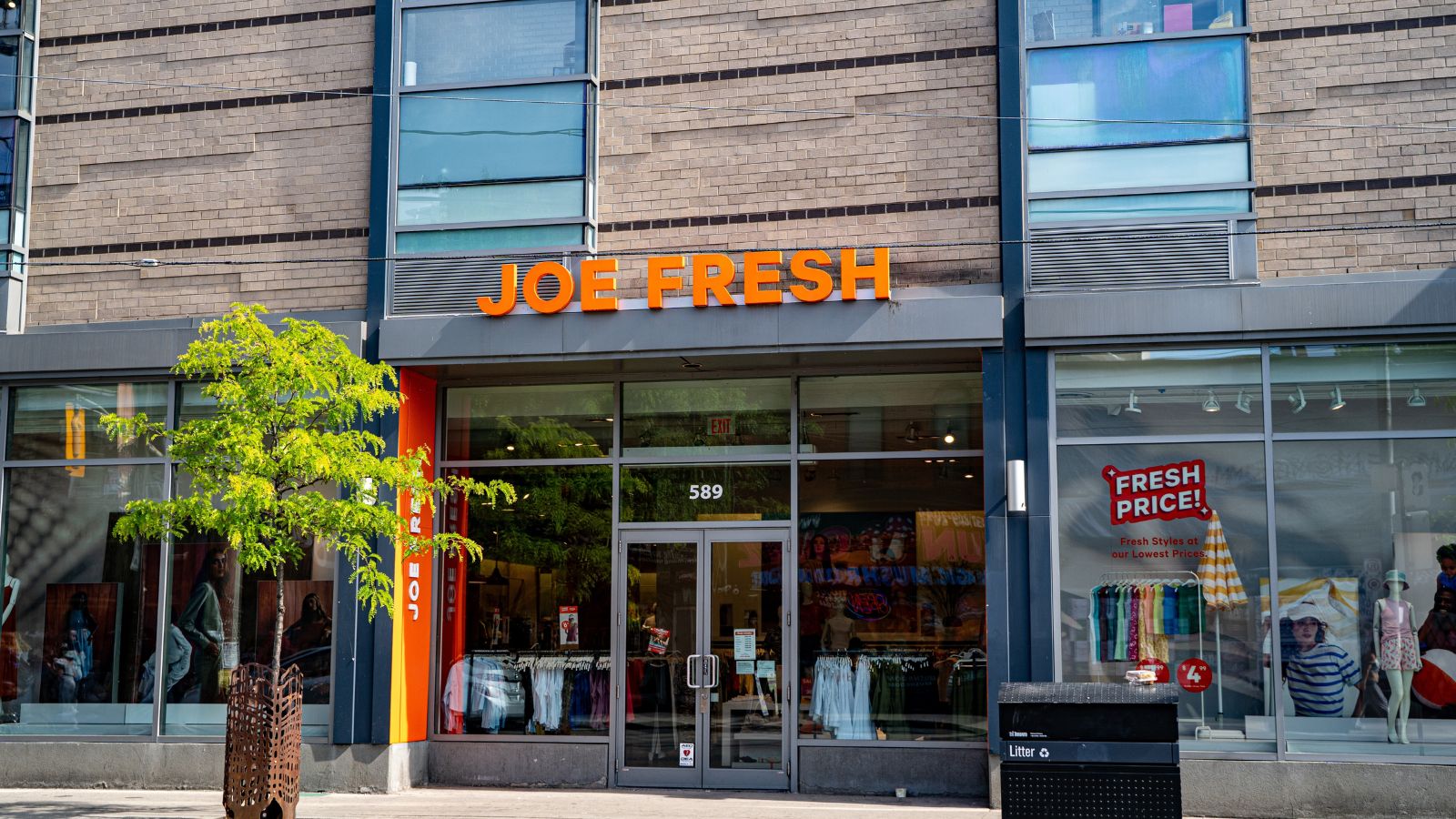
Created by Loblaw Companies as a stylish yet affordable brand for Canadians, Joe Fresh quickly gained popularity. Its entry into the U.S. market was ambitious but faltered, leading to retrenchment. However, renewed American interest in acquisition or licensing deals has raised concerns that the brand could lose its Canadian essence in pursuit of global profitability. If U.S. investors get involved again, Joe Fresh may become a pale imitation of its original self.
Old Dutch Chips
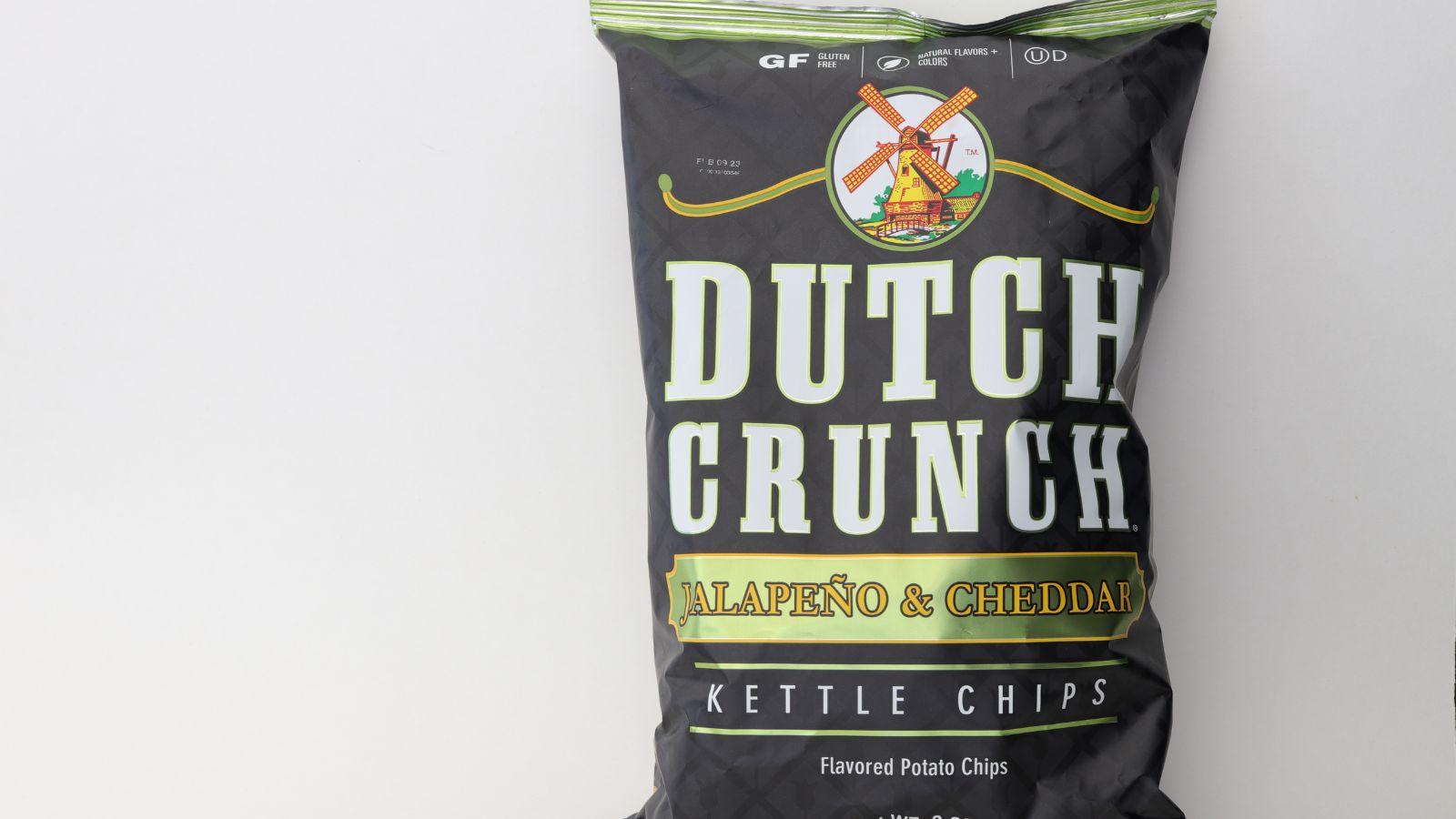
Headquartered in Winnipeg, Old Dutch has been delivering bold chip flavors like Ketchup and All Dressed for decades. But it’s constantly facing pressure from American snack food giants like PepsiCo and Frito-Lay, which have deeper pockets and greater control over distribution channels. American firms often crowd out local snack brands through pricing and volume tactics and, unless fiercely defended, Old Dutch could crumble under corporate weight.
Butter Tarts

This classic Canadian dessert hasn’t yet been overtaken by U.S. commercial interests, but the growing American fascination with Canadian cuisine could change that. If major bakery chains or U.S. food conglomerates begin mass-producing versions for global markets, authenticity could be lost in a sea of artificial ingredients and frozen dough. Small bakeries that rely on traditional recipes could be pushed aside.
21 Products Canadians Should Stockpile Before Tariffs Hit

If trade tensions escalate between Canada and the U.S., everyday essentials can suddenly disappear or skyrocket in price. Products like pantry basics and tech must-haves that depend on are deeply tied to cross-border supply chains and are likely to face various kinds of disruptions
21 Products Canadians Should Stockpile Before Tariffs Hit
